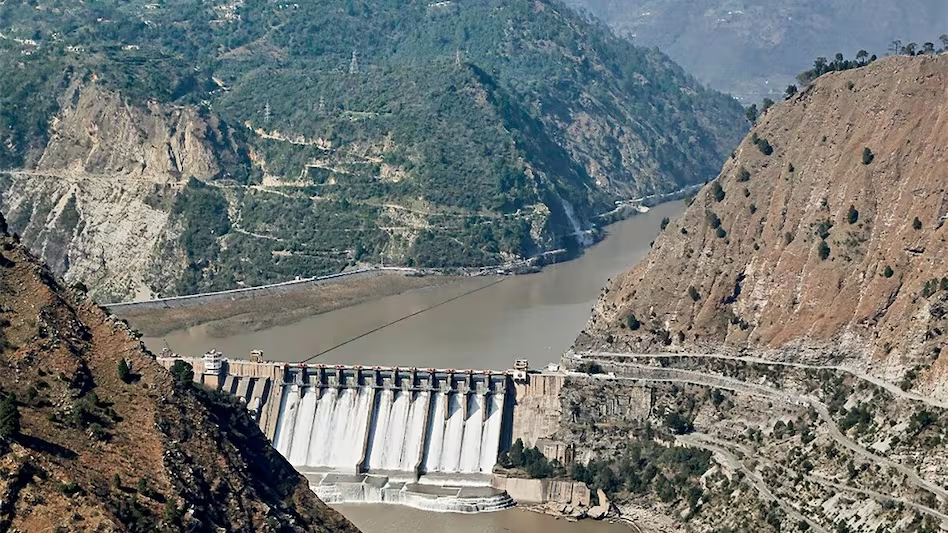Kashmir , April 24, 2025 – India has suspended the Indus Waters Treaty with Pakistan following the Pahalgam terror attack that killed 26-28 people, mostly tourists, in Jammu and Kashmir on April 22, 2025. The decision, made by the government’s top security panel, intensifies tensions with Pakistan and could severely impact its water security, agriculture, and economy. Alongside the treaty suspension, India downgraded diplomatic ties, expelled Pakistani military personnel, and closed the Attari-Wagah border.
The Pahalgam terror attack, claimed by a group linked to a Pakistan-based terrorist organisation, targeted tourists in Baisaran valley, making it the deadliest attack in Kashmir since the 2019 Pulwama bombing. Authorities cited Pakistan’s alleged support for cross-border terrorism as the reason for suspending the IWT, stating the treaty would remain on hold until Pakistan halts such activities.
Signed in 1960 and mediated by an international body, the Indus Waters Treaty regulates the sharing of the Indus River system—including the Indus, Jhelum, Chenab, Ravi, Beas, and Sutlej rivers—between India and Pakistan. It grants Pakistan primary use of the western rivers for consumption, while India controls the eastern rivers . India can use the western rivers for limited non-consumptive purposes, such as hydropower, under strict rules. A joint commission oversees disputes, making the treaty a rare point of cooperation despite decades of conflict.
The suspension enables India to stop sharing water flow data, construct new dams or storage facilities on the western rivers, and potentially redirect water, though large-scale diversion is technically complex. The move is seen as a strategic signal to pressure Pakistan over its alleged role in terrorism.
For Pakistan, the Indus River system is critical. It irrigates 16 million hectares of farmland, supports 25% of the country’s GDP, and sustains 68% of its rural population. Cities rely on it for drinking water, and hydropower from major dams provides 25% of electricity.
Pakistan’s leadership convened an emergency meeting on April 24, 2025, to formulate a response, but options are limited. International legal recourse is constrained, as India’s exemptions from certain global judicial bodies block Pakistan from filing cases. Pakistan denied involvement in the attack, calling it a local uprising, but this claim has been widely dismissed.
The suspension risks further straining India-Pakistan relations, already tense from prior attacks. Global condemnation of the Pahalgam attack has been strong, but reactions to the treaty suspension remain mixed. The situation could escalate if Pakistan perceives the water cutoff as an existential threat, with analysts warning of potential military or diplomatic retaliation.



